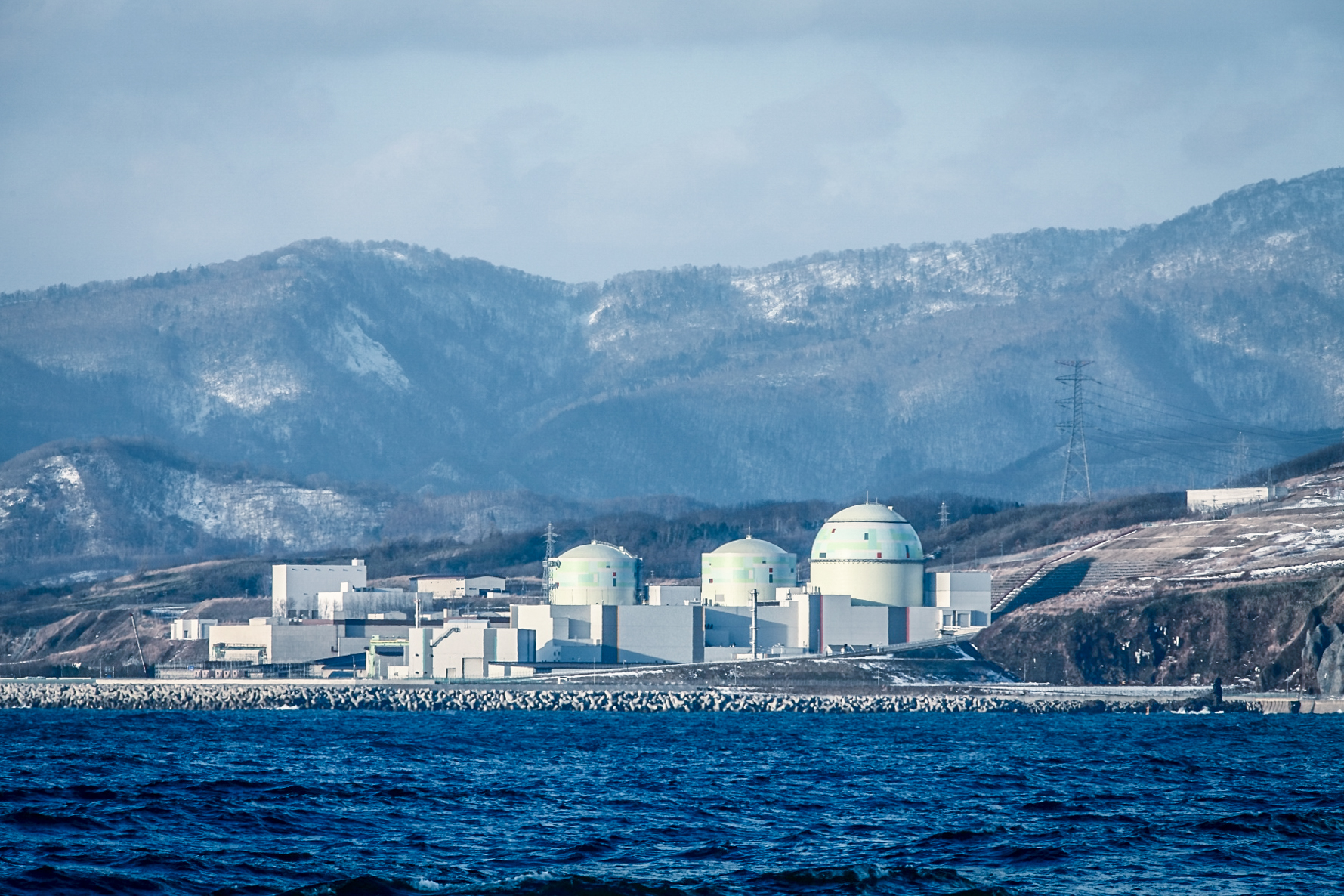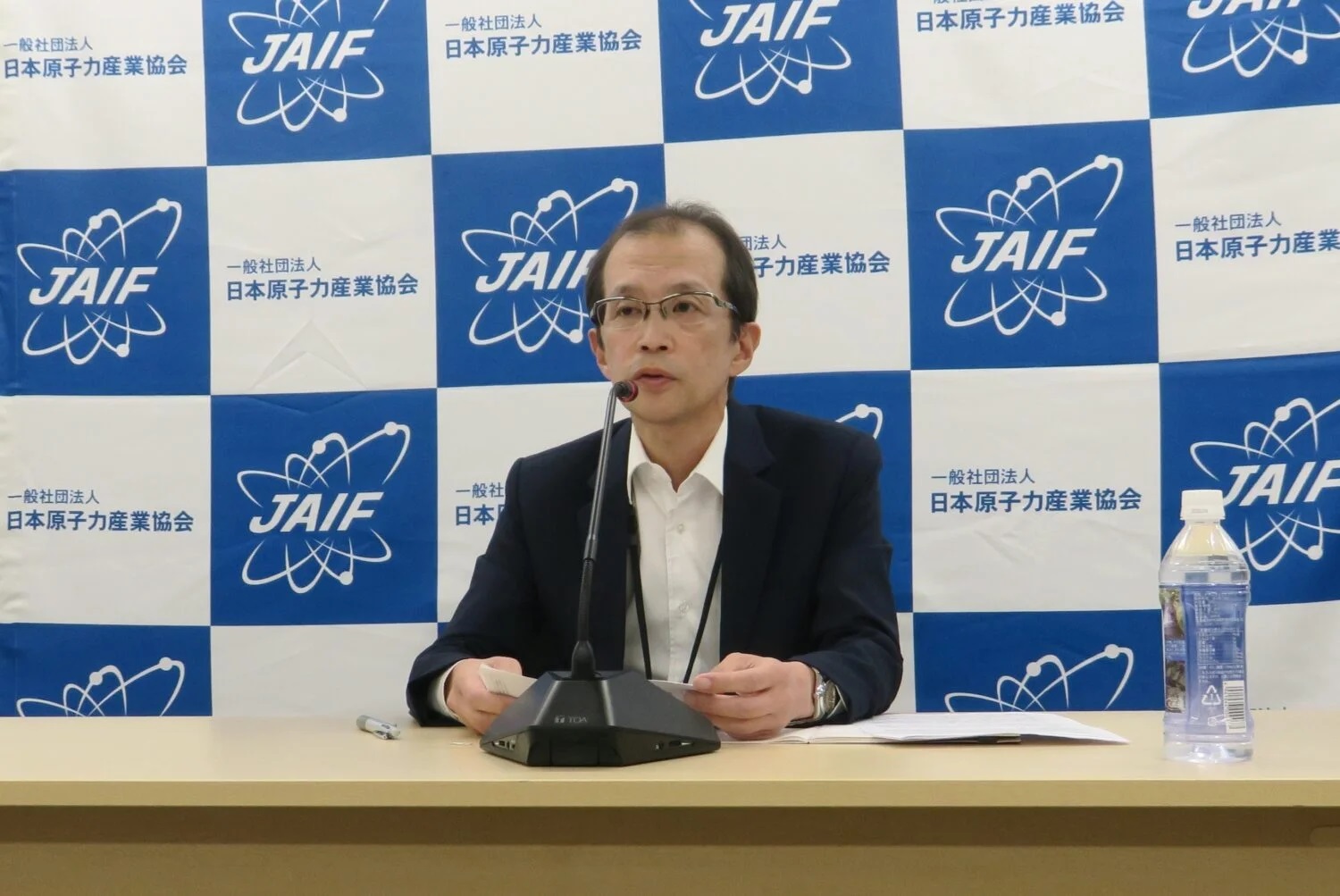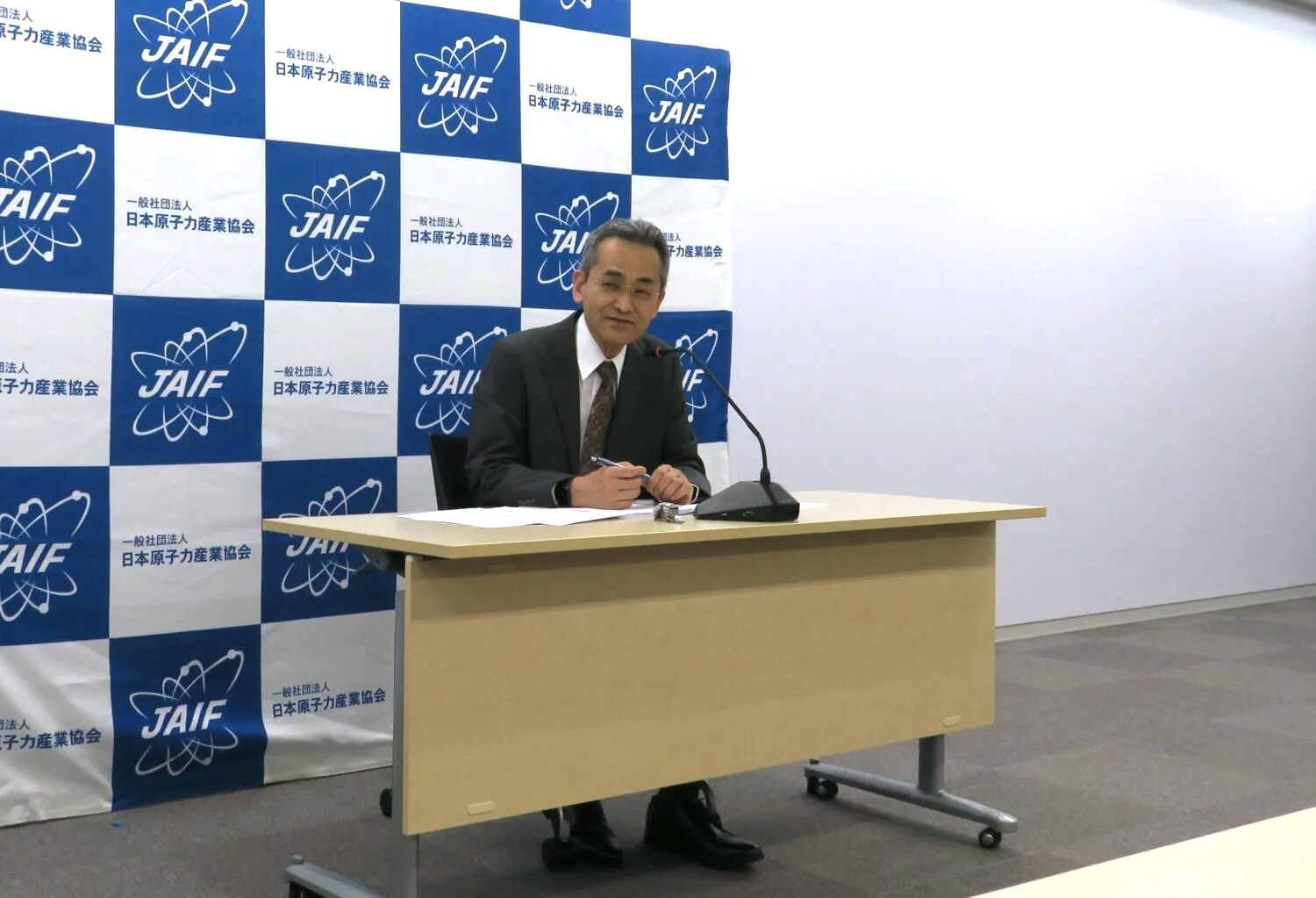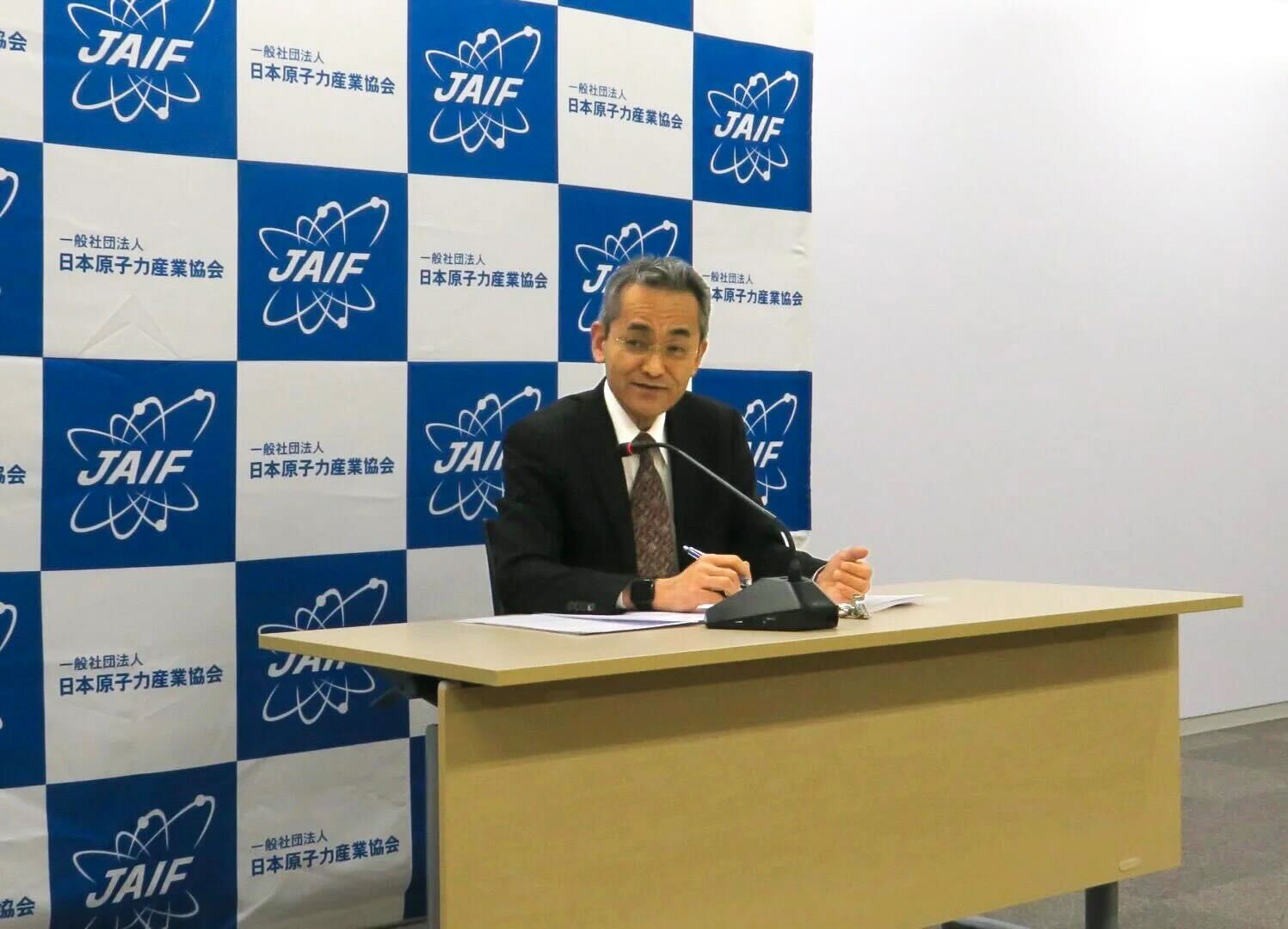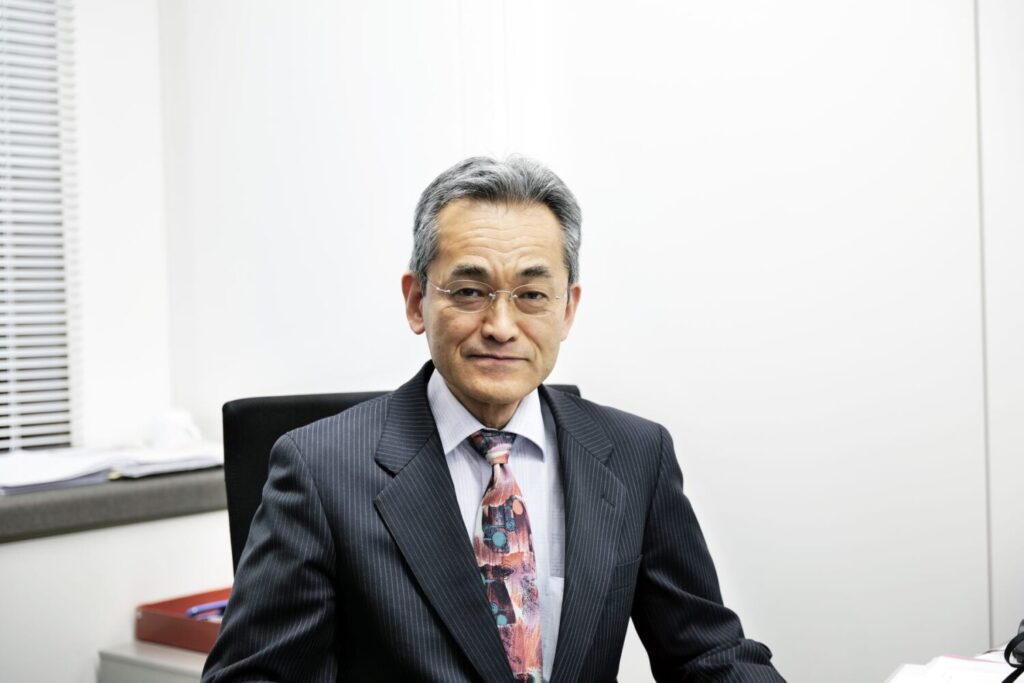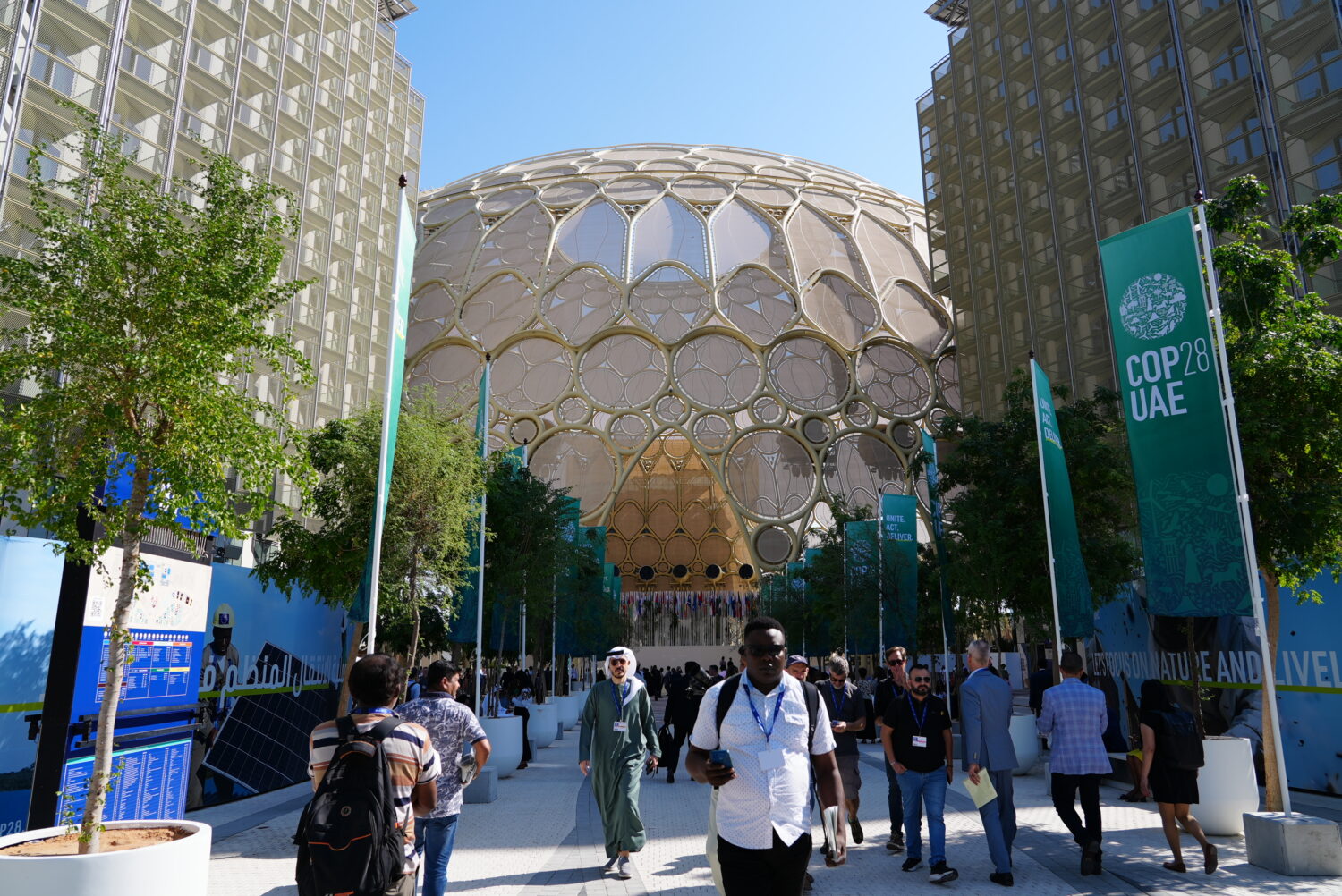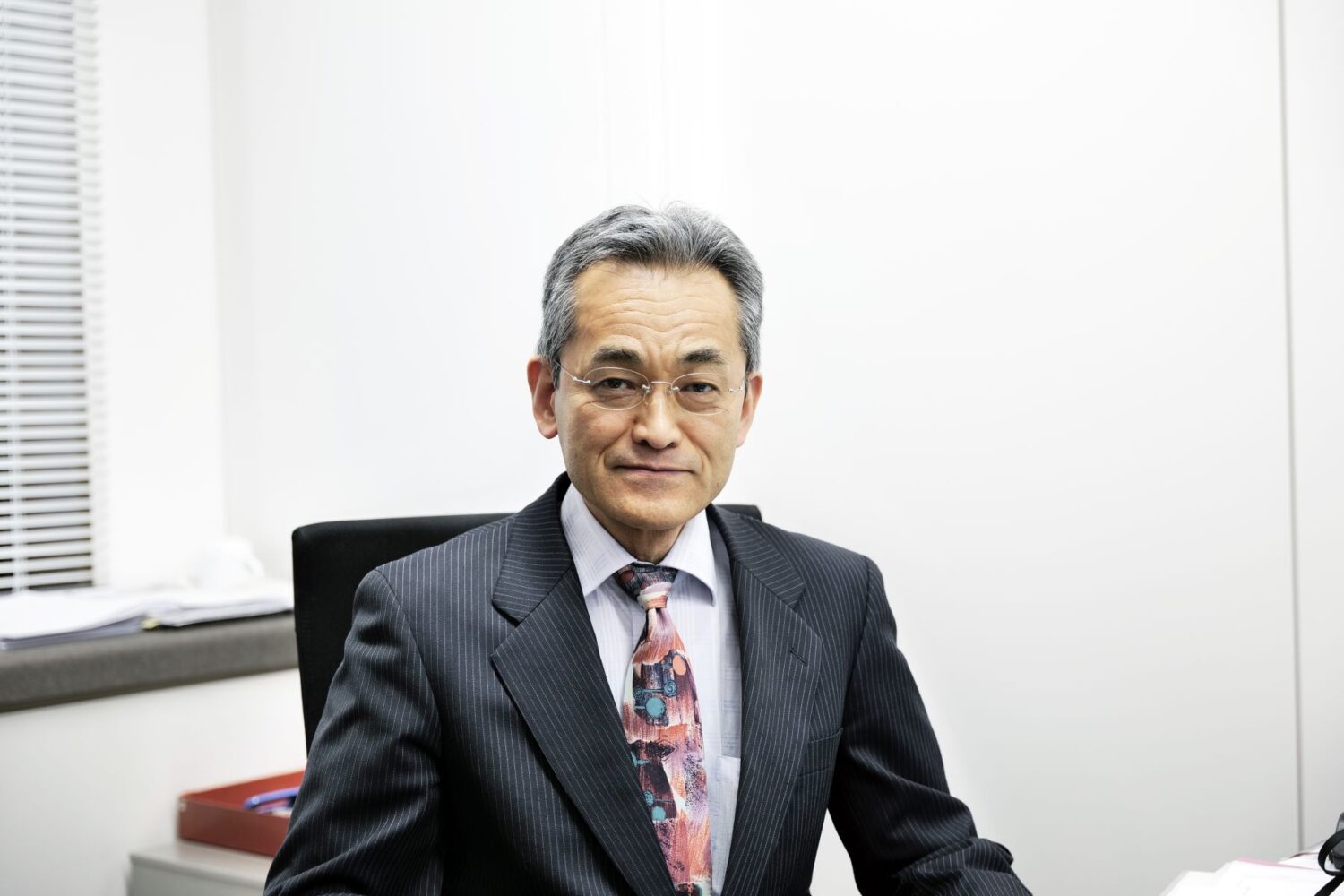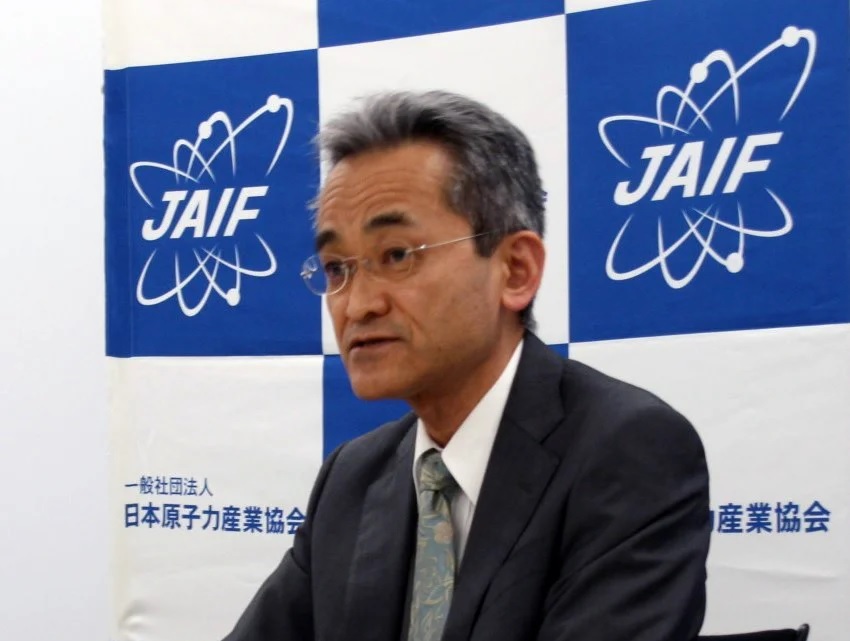ALPS purifies water of radioactive substances other than tritium to levels below regulatory standards. The water is to be further diluted with seawater to a level of 1,500 Bq/l, one-fortieth the regulatory limit of 60,000 Bq/l, before it is released into the sea.
On July 4, the International Atomic Energy Agency (IAEA) released a comprehensive report on the safety of the ALPS-treated water, which concluded that “the approach to offshore release of the ALPS-treated water, and the associated activities by the Tokyo Electric Power Co. (TEPCO), the Nuclear Regulation Authority (NRA) and the Government of Japan, are consistent with the relevant international safety standards” and “the discharge of the ALPS-treated water, as currently planned, will have a negligible radiological impact on people and the environment.”
The JAIF president, in reference to that report, said that having been favorably evaluated according to global standards was “very reassuring for us.”
At the same time, he said that it would be necessary “to continue precise operational processes and to respond to any deterioration of the facilities,” given the lengthy time needed to complete the release. Arai reiterated that, beyond maintaining a high level of transparency, it would be important to verify issues on a medium- and long-term basis, and to continue to squarely face and respond to various anxieties and concerns of people in Japan and elsewhere.
Regarding moves in China to strengthen inspections for radioactive substances in marine products imported from Japan due to the offshore release, Arai said that JAIF would tenaciously convey to the international community that “it has been scientifically established―just as it has been for water discharged from operating NPPs―that the release of the ALPS-treated water will have no negative effects on the environment or people.”
He also talked about JAIF’s activities, including disseminating information via its website and dialogues via the East Asia Nuclear Forum, which comprises nuclear industry organizations in China, South Korea, and Taiwan. He said that the nuclear industry would continue to make unified efforts to support both decommissioning and reconstruction.
Responding to a question about the understanding of society on offshore release, the JAIF president said that the first steps toward restoring confidence were simultaneously carrying out decommissioning and reconstruction, along with steady, safe, stable operations at restarted NPPs.
As for unfounded fears and rumors, he referred to efforts being made by the Federation of Electric Power Companies (FEPC) to increase sales and consumption of processed marine products nationwide.
Additionally, the press also asked about the possibilities for hydrogen production using high-temperature heat and issues of siting, with Mitsubishi Heavy Industries (MHI) having been chosen on July 25 by the Agency for Natural Resources and Energy (ANRE) to be the core company in charge of the basic designing of HTGC reactors.
MHI will be involved in all aspects of building a demonstration HTGC reactor— from R&D to design and construction—with operation planned for the 2030s. The company is currently conducting a series of verification tests of hydrogen production at the High-Temperature Engineering Test Reactor (HTTR), owned by the Japan Atomic Energy Agency (JAEA).
Upon its selection as the core company for the HTGC reactor, MHI released a comment saying that it was pleased that its “proven results and in-depth experience in HTGC reactor development, as well as the high level of its technological capabilities, had been acclaimed.”


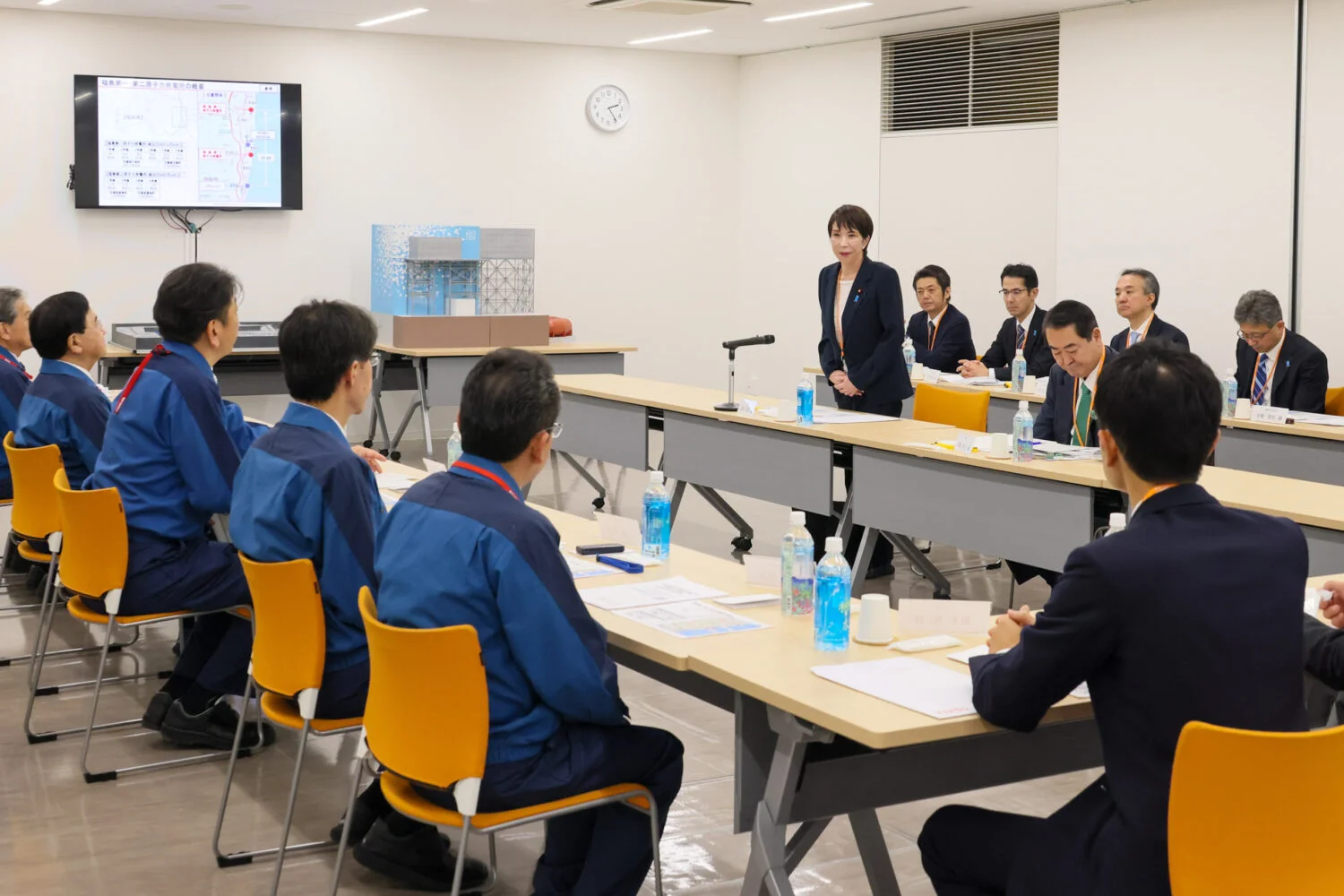


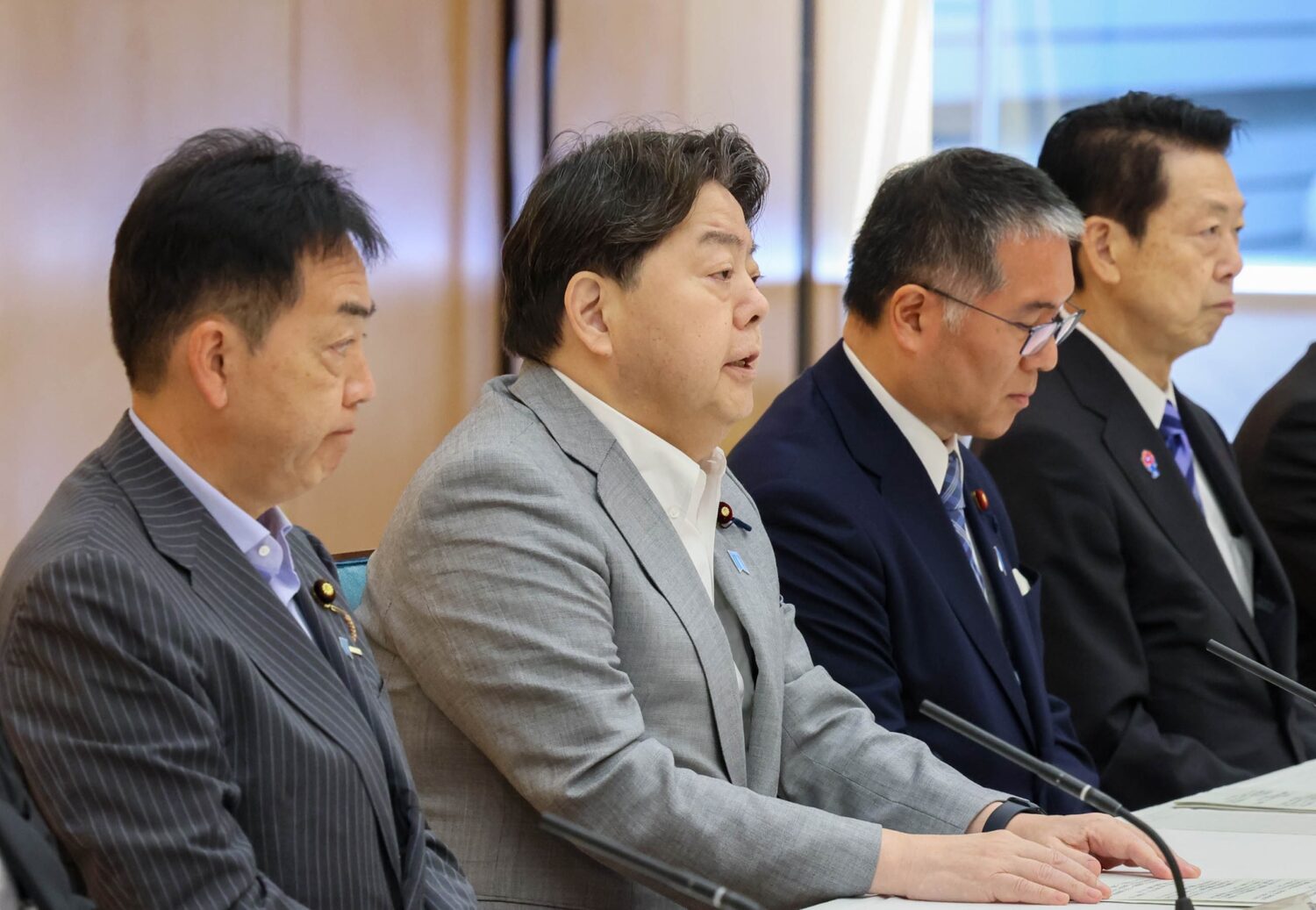
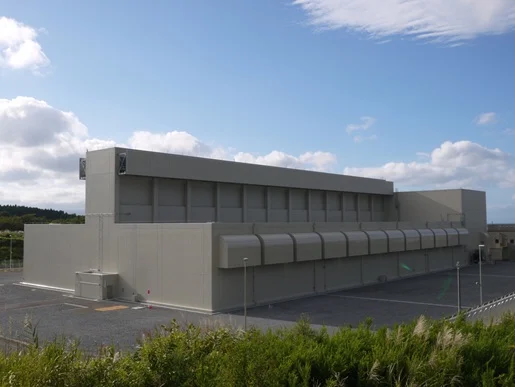

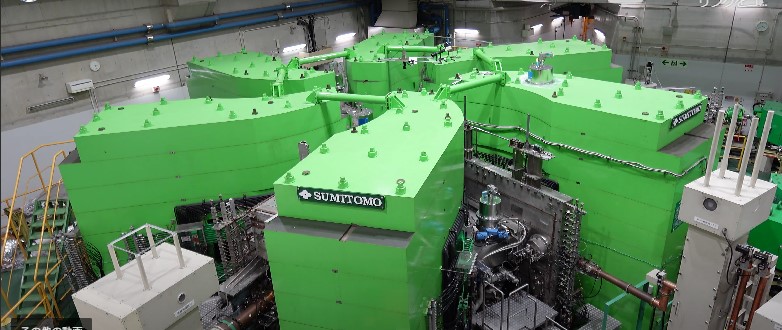



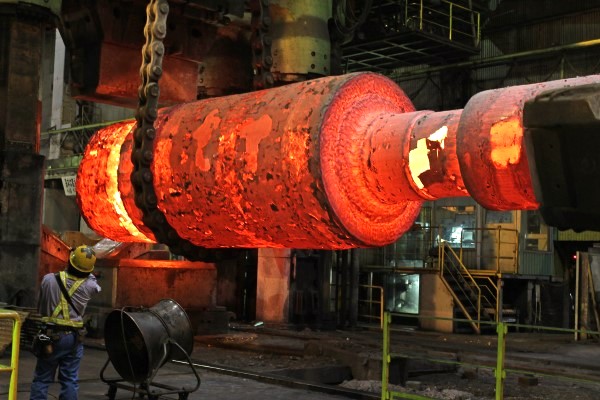







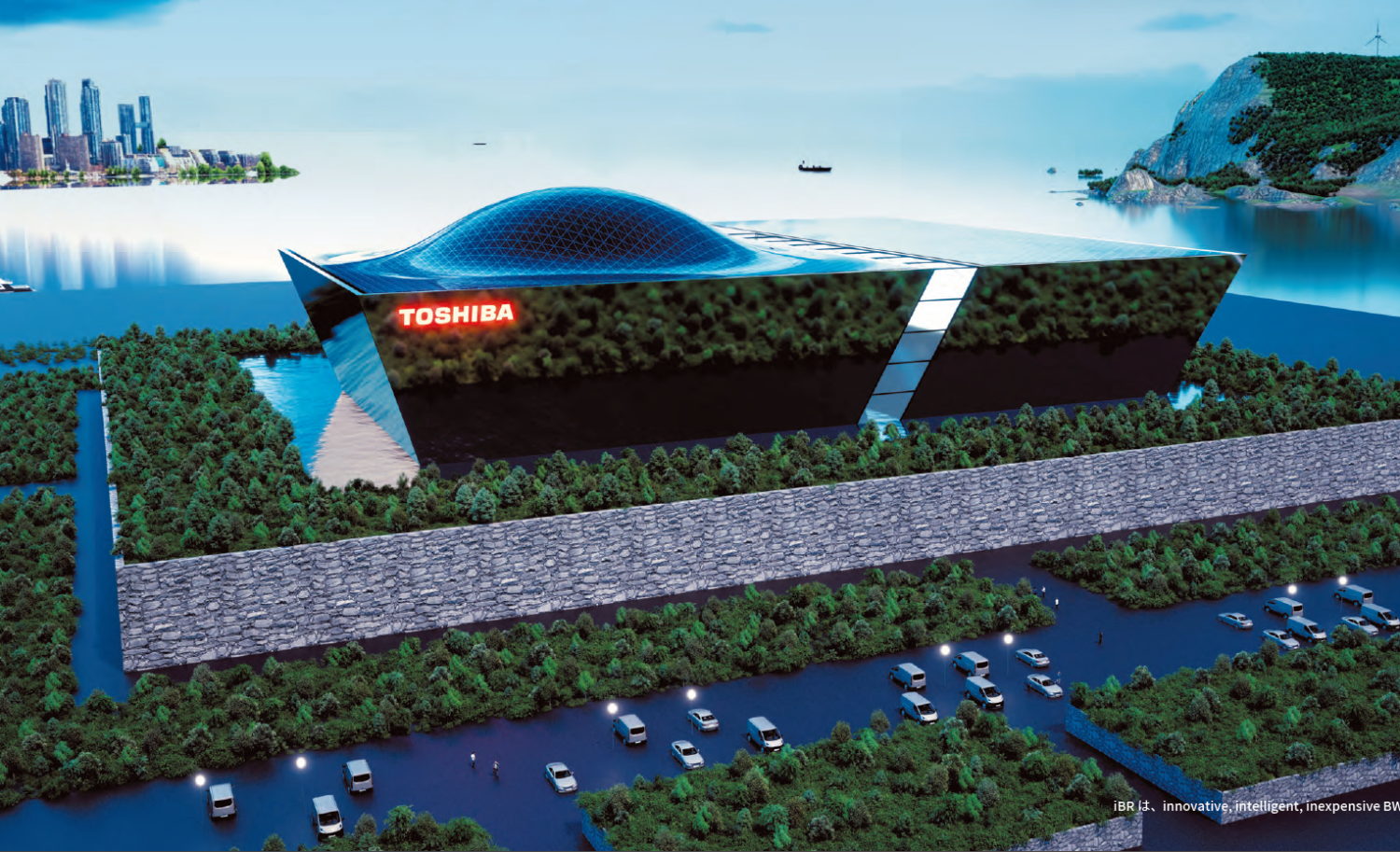
-013.jpg)
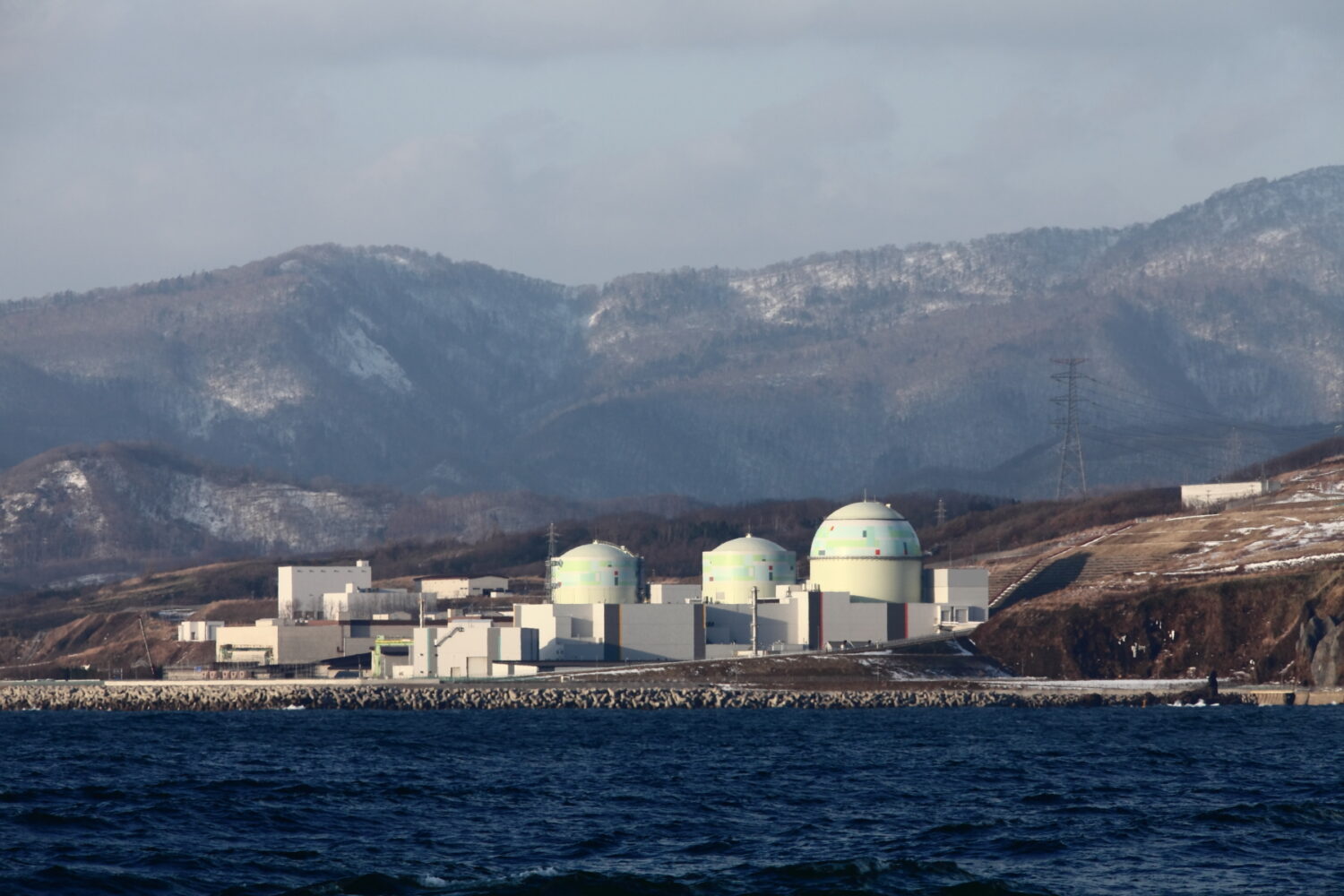
-049.jpg)
.jpg)

